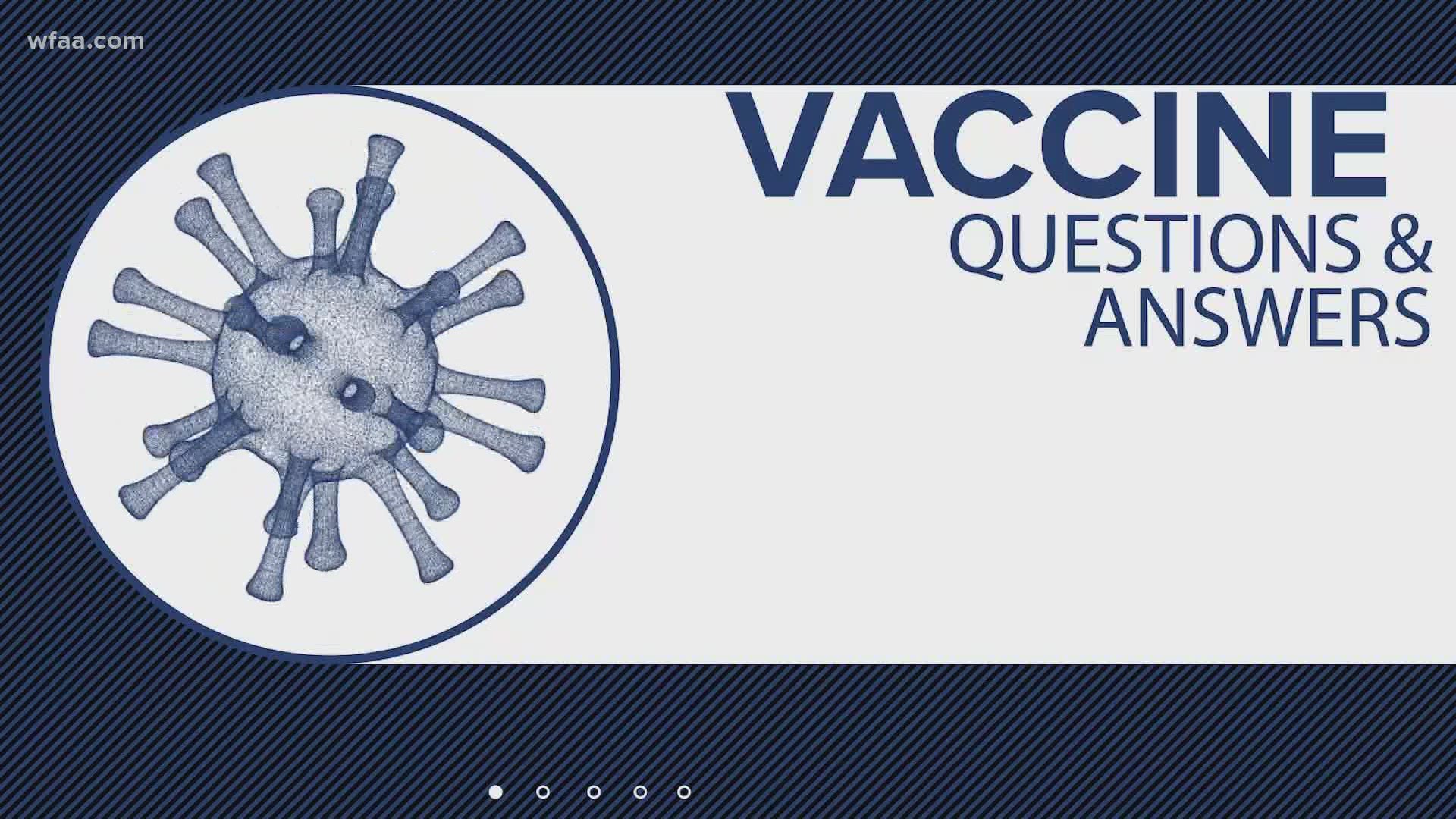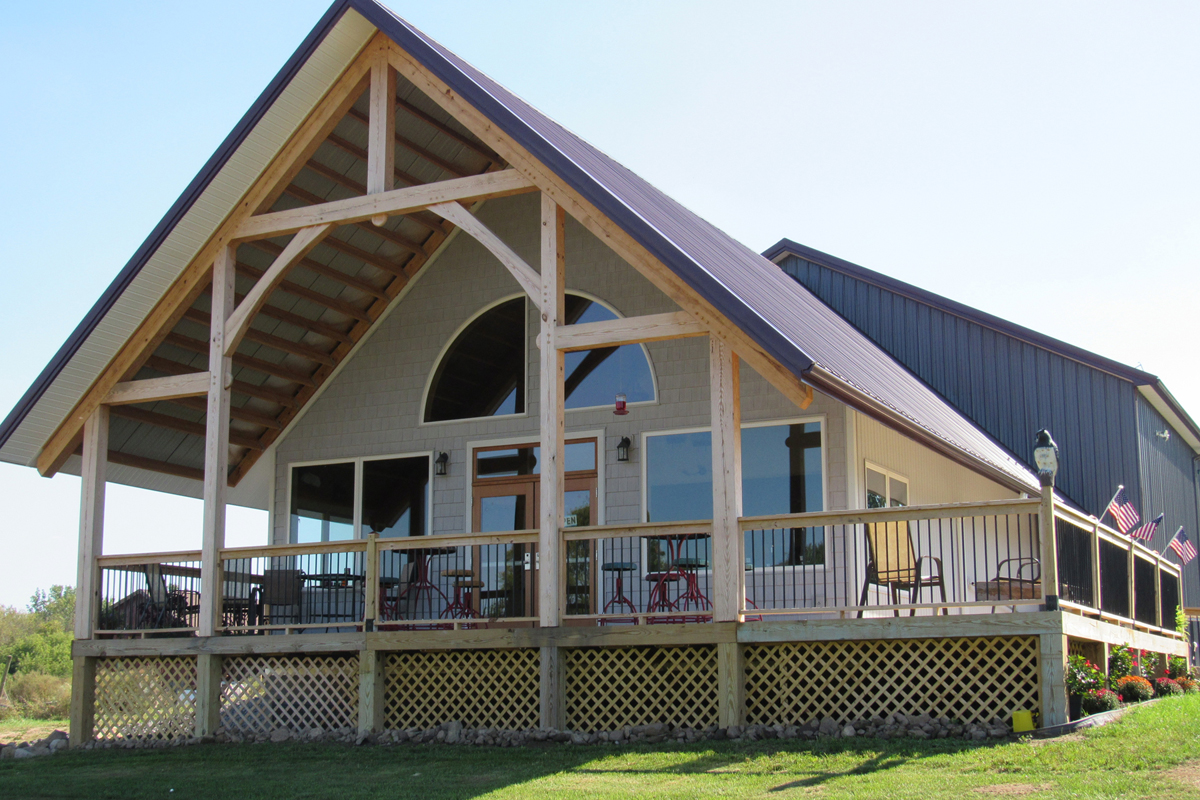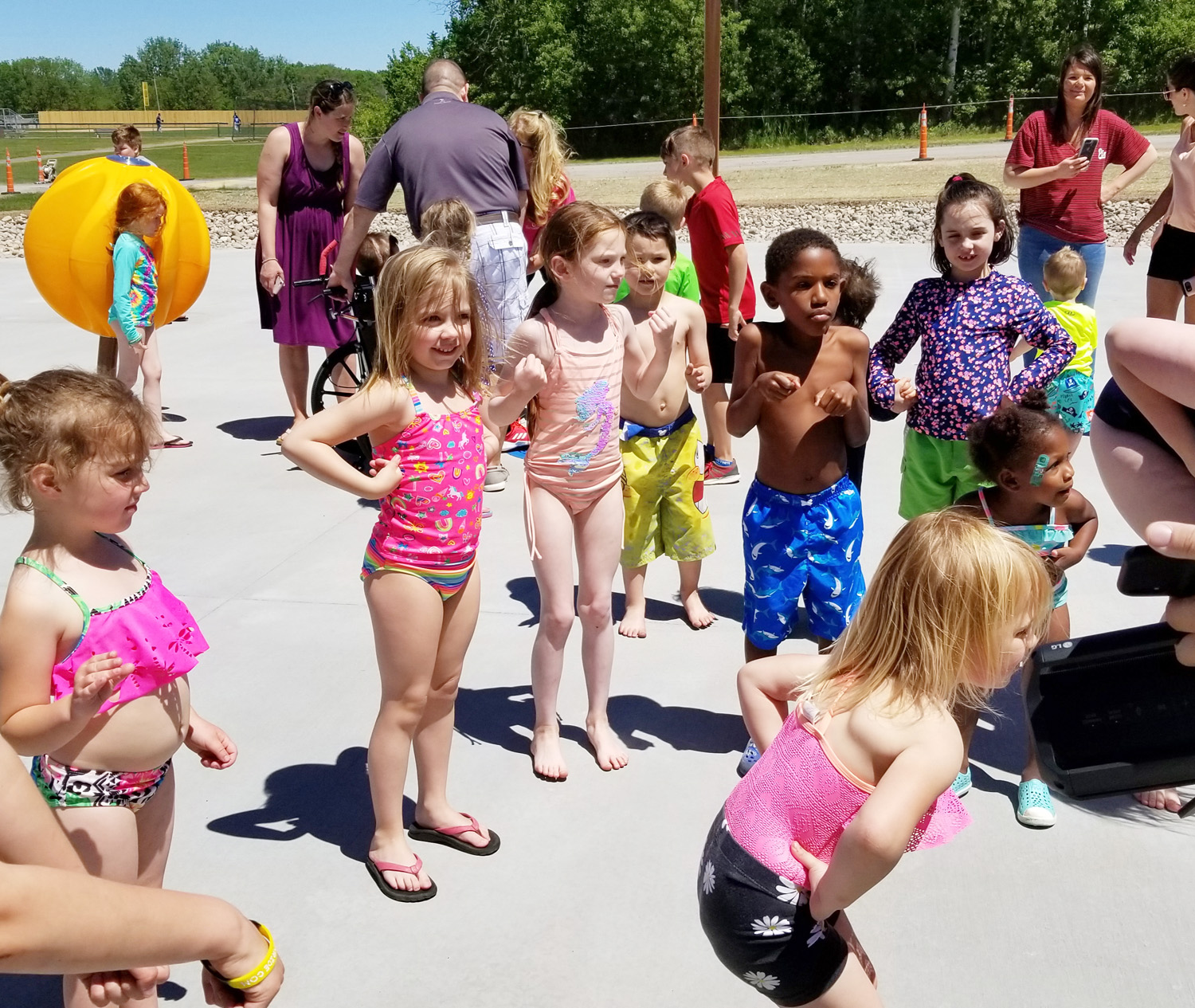Q&A on the COVID-19 vaccines
with Mona Chitre, PharmD, Chief Pharmacy Officer at Excellus BlueCross BlueShield

Dr. Mona Chitre leads Excellus BlueCross BlueShield’s pharmacy strategy and is responsible for driving affordability, innovation, and operational excellence. She completed her undergraduate and graduate training at Rutgers University and her post-doctoral primary care residency at the VA Hospital in Buffalo.

Dr. Chitre, as a local health expert, what are your thoughts on the COVID-19 vaccine?
I am excited and impressed by the worldwide efforts and success to thoroughly research, test, and bring to market a highly effective vaccine for the public. The first two vaccines being distributed in the U.S. – Pfizer/BioNTech and Moderna – are given in two doses and proven to be 95 percent effective against COVID-19.
The Johnson & Johnson (J&J) vaccine is the third COVID-19 vaccine being distributed in the U.S.
Is it safe? Why do we need a third vaccine option?
All vaccines have the same goal – to protect us. The J&J vaccine was tested thousands of times to ensure safety and is authorized for use in the U.S. It’s important that everyone who wants the COVID-19 vaccine can receive it. In addition to the Moderna and Pfizer/BioNTech vaccines, the J&J vaccine is another way to help increase protection against the COVID-19 virus. Since all three vaccines are safe, the best vaccine is the one you have access to.
How does the J&J vaccine differ from Moderna’s and Pfizer/BioNTech’s?
The J&J vaccine is a single dose which offers maximum protection quicker than Moderna’s and Pfizer/BioNTech’s vaccines. The J&J vaccine has proven to be 66 percent effective at preventing moderate to severe cases of COVID-19. With all three vaccine options, no fragment of the live virus is in the vaccine, so the vaccine itself cannot make you sick with COVID-19.
Should we be concerned with a less effective rate?
No, there is no need to be concerned. The only way to accurately compare the effectiveness of these vaccines is by direct comparison in head-to-head clinical trials, which did not happen across the three vaccine options. Testing took place in different regions, at different points in time, and with varying COVID-19 occurrences. It is best not to compare the effective rates between the vaccines.
The data proves that the J&J vaccine is 85 percent effective against severe COVID-19 cases, and 100 percent effective at preventing death from COVID-19. Based on the data, the J&J vaccine is a very safe and effective option.
There is mention of a booster vaccine to help protect against the COVID-19 variants. What information is known or suggested about this?
Scientists are currently looking into if a booster dose is needed to address variants. It is emerging science at this time, but it is still recommended that you get your vaccine as soon as it is available for you.
How do we know that these vaccines are safe when they are so new?
COVID-19 vaccines are being held to the same rigorous safety and efficacy standards as all other vaccines – and have been tested thousands of times to ensure safety. The scientific technology used to develop the first COVID-19 vaccines is called mRNA. mRNA has been studied for decades and looks at the genetic makeup of the virus, and then uses that genetic code to teach our cells how to trigger an immune response to combat the virus. The platform that is being used to produce this vaccine has been studied and used for over a decade, and we had a jump-start on the COVID-19 vaccine because it’s a coronavirus, which we’ve studied in the past.
Are you saying that getting the COVID-19 vaccine cannot make a person get COVID-19?
Exactly. The COVID-19 vaccines that are being distributed in the U.S. do not use any fragment of the live virus and cannot make you sick with COVID-19. The vaccines teach your body how to recognize the virus and then create defenses against it.
What about the side effects of the vaccine?
Side effects are possible with any type of vaccination. The most common issue is a sore arm, which can happen with most vaccines. Other reactions include fatigue and headache. It is important to note that the vaccine is not making you sick, but this is the body’s natural immune system response. Also, I know many people with seasonal allergies are concerned with taking the vaccine. If you have seasonal allergies (e.g., pollen, dust, ragweed, etc.), the vaccine should not cause any issues. But anyone with allergic reactions to other vaccinations should talk with your doctor to see what is best for you.
We know that vaccines were given to high-risk groups first. The data suggests that the number of deaths in nursing homes is going down by
more than 60 percent. Do you feel this is because of the vaccine?
Absolutely. Nursing home residents were among the first people to receive the vaccine. The data shows how powerful the vaccines are against the virus, which is encouraging to hear. Reports like these make me so hopeful as the vaccines continue to rollout. I’m excited for my children to be reunited with their grandparents. I’m optimistic about the future.
For further COVID-19 resources, visit ExcellusBCBS.com/covid19.
Provided information




